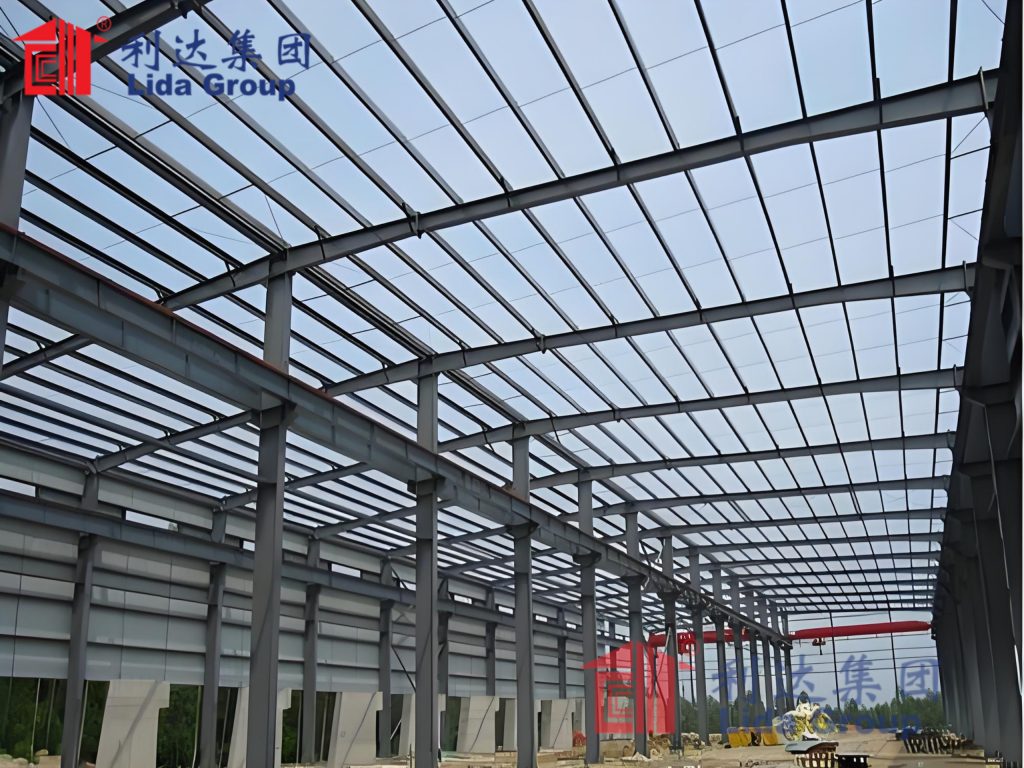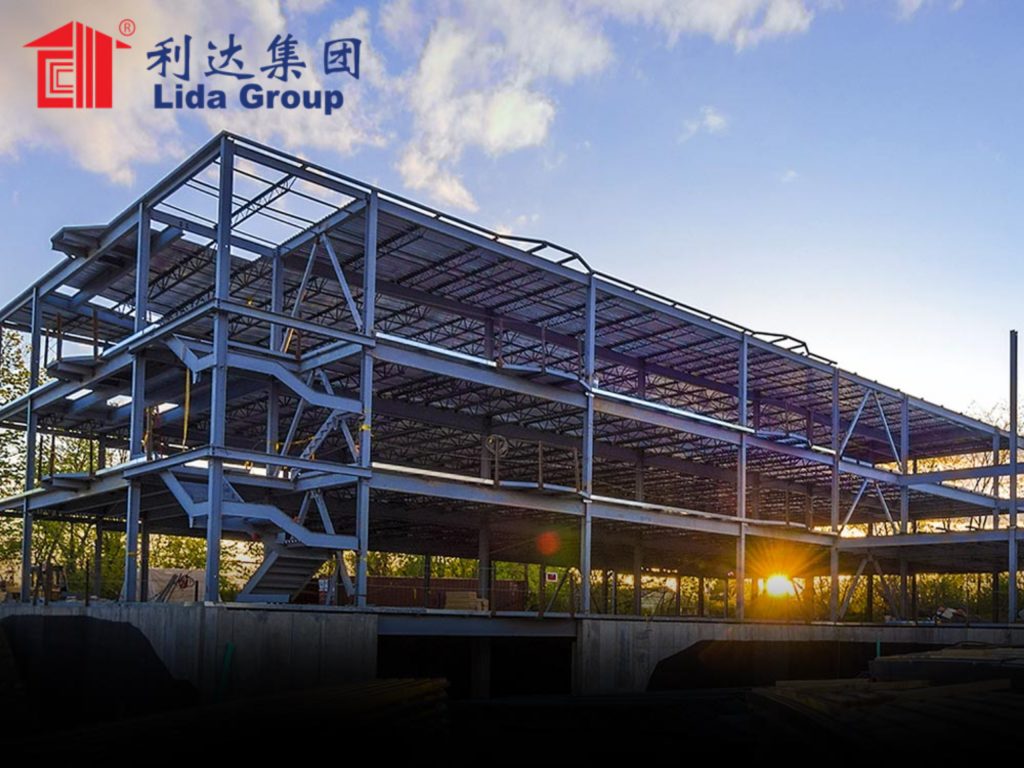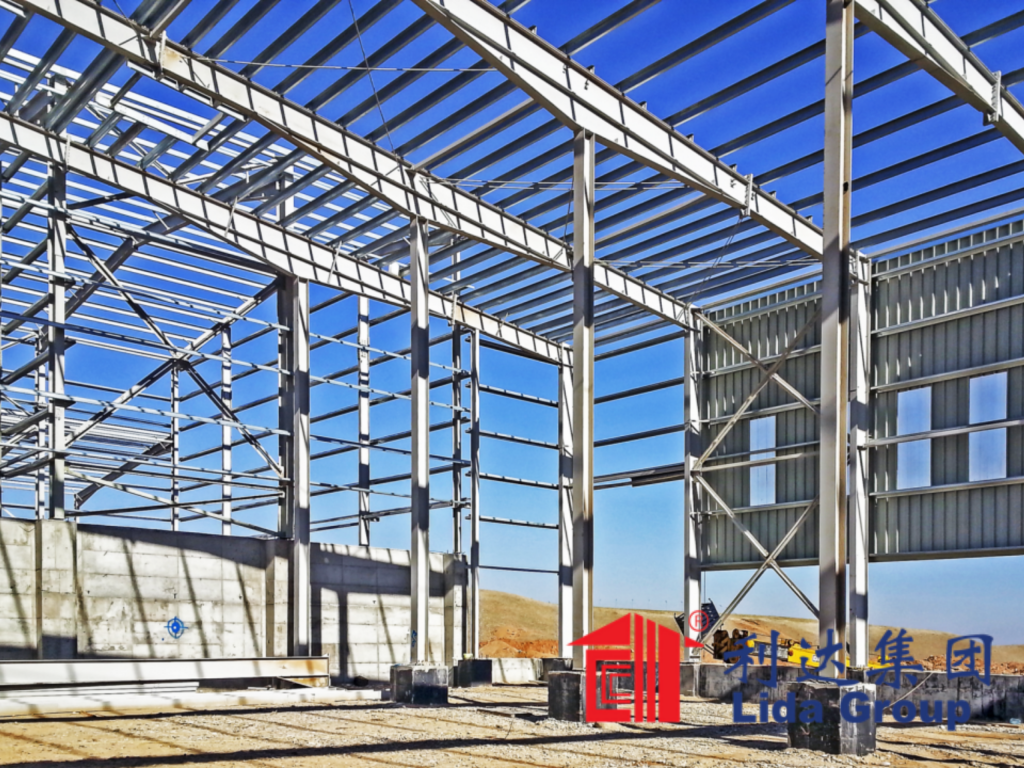Expediting Infrastructure for Isolated Regions: Standardized Prefabrication Methods of Lida Group
Introduction
Construction of critical facilities in remote or isolated communities presents unique logistical and economic challenges compared to urban centers. From villages nestled in mountain valleys to operation sites scattered across vast rangelands, gaining access to essential infrastructure likeprocessing plants, equipment shelters, and storage can prove difficult. While prefabricated building solutions offer time and cost advantages over traditional on-site construction, developing scalable methods tailored for specialized isolated contexts requires innovative strategic planning. As a pioneer in pre-engineered steel structures for agriculture and industry globally, Lida Group has established proven standardized prefabrication techniques streamlining facility deployment even to the most remote locations.
This report examines Lida’s prefabricated building methodology leveraging modular components, optimized transport packaging, and swift on-location assembly. Key factors examined include reduction of on-site labor, materials waste, schedule risks, and lifecycle cost versus conventional construction. Case studies from various isolated contexts worldwide illustrate tangible community and operational benefits unlocked through Lida’s standardized prefabrication approach. Findings validate prefabrication as a critical enabler expediating the provision of resilient, fit-for-purpose facilities supporting isolated agricultural enterprises and dispersed populations.

Prefabrication Methodology
Lida’s prefabrication process commences with 3D CAD modeling all structural members, cladding panels, mechanical/electrical equipment according to final intended configuration. Templates are used to precisely cut virgin steel into pre-shaped parts requiring minimal on-location finishing. Connection plates are pre-attached utilizing proprietary engineering ensuring wind/seismic resilience.
Parts are then bundled into consolidated load-optimized modules. Modularization is planned factoring transport dimensions and weight limits to territories. Materials are color coded for swift assembly. Modules ranging from entire self-contained wall/roof sections to pre-assembled subsystems such as HVAC plants facilitate optional on-location module joining or final assembly elsewhere.
Comprehensive packaging protects parts during long-distance delivery by road, rail, air or sea. Specialized stretch wrapping and bracing maintains parts rigidity and seals against weathering en route to even the farthest project locations. On arrival, components simply unpack and join within days/weeks versus traditional months of on-location construction.

Case Studies
Examining performance data from Lida projects across diverse isolated contexts affirms their standardized prefabrication as pivotal to expediting resilience infrastructure:
– Dairy Processing Plant, New Zealand High Country
Prefabricated equipment housing and stainless facilities erected in 4 weeks versus projected 12 on-site, enabling year-round production for 150 remote hill farm suppliers.
– Equipment Garages, Mongolian Steppe
Lida-packaged vehicle shelters assembled within a week at 13 herder cooperatives scattered across 250km, supporting mobile livestock operations through harsh winters.
– Grain Drying Silos, Canadian Prairies
Entire modular silo structures trucked 700km to multiple First Nations farm sites. Assembly took mere days versus proposed shut down, safeguarding harvest yields.
– Livestock Barns, Austrian Alps
Wall/roof modules helicopter lifted to alpine mountain camps, erected by 4 laborers within a fortnight, securing animal welfare for grazing season.
Centralized Fabrication Audits
Lida operates ISO-certified fabrication facilities ensuring stringent quality control throughout prefabrication. Computerized cutting optimizes material yields. Specialized rigging equipment safely controls heavy pre-assembly work. Full-time third-party inspectors audit welding/erosion protection, packaging, and coding compliance to withstand extremes of transportation unscathed.

Summary
Through optimized modular design, transport packaging and simplified on-location assembly, Lida Group has established prefabrication techniques supremely streamlining construction schedules even for the remotest projects. Removing lengthy on-site construction from critical path timelines, their approach expedites deployment of durable non-residential facilities essential for sustaining isolated agricultural enterprises and dispersed communities. Prefabrication capability truly powers Lida’s vision of delivering fit-for-purpose infrastructure solutions worldwide without compromise to even the most logistically challenging regions. Looking ahead, continued innovation will further optimize scalability and affordability of pre-engineered building applications.

Related news
-
Feature examines the potential for scalable mass-production of reusable metal panels, roof trusses and wall frames through industrializing Lida Group's prefab construction techniques.
2024-07-25 16:49:25
-
Humanitarian agency trials Lida Group's containerized prefab housing models powered by renewables as a feasible interim settlement approach for vulnerable pastoralist families facing severe drought conditions.
2024-07-23 15:52:31
-
Journal highlights the adaptability showcased in deployments of Lida Group's pre-engineered standardized steel structural solutions integrating livestock housing and on-field packaging facilities.
2024-07-25 17:19:14
contact us
- Tel: +86-532-88966982
- Whatsapp: +86-13793209022
- E-mail: sales@lidajituan.com


